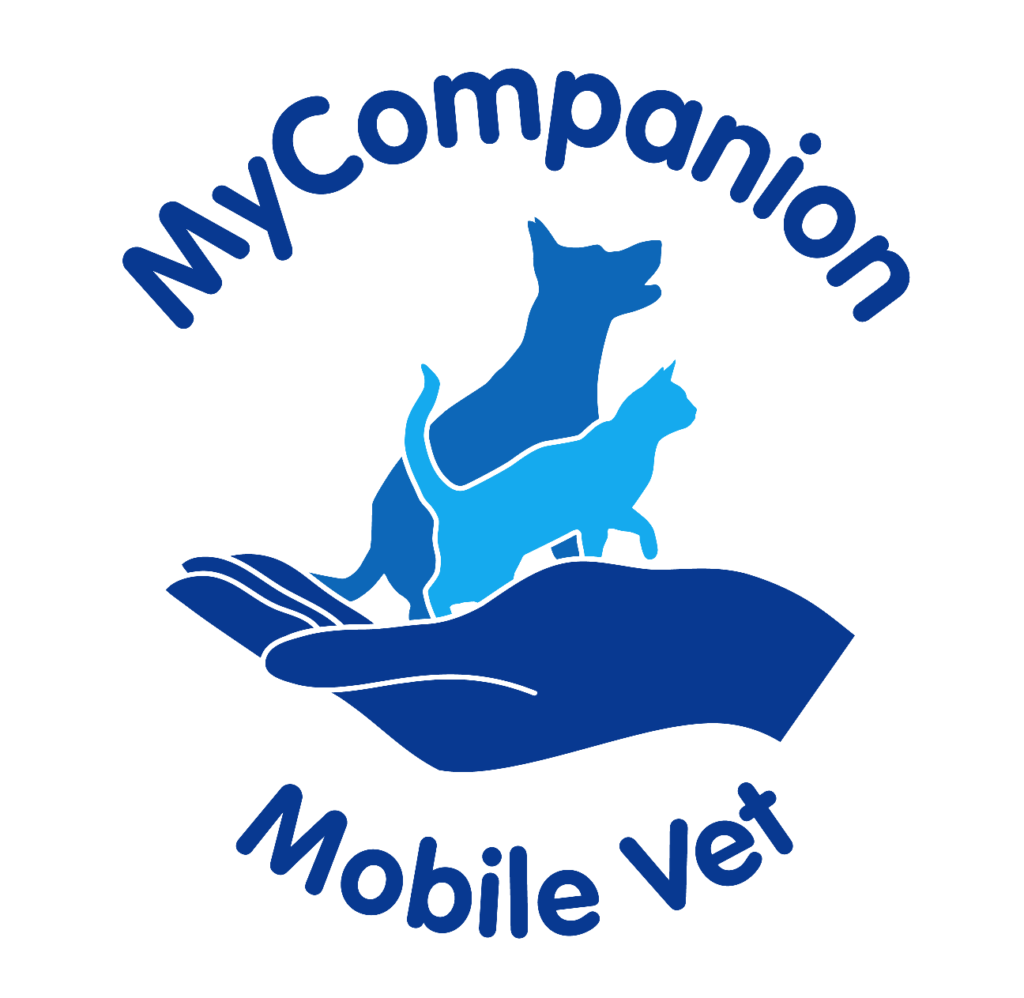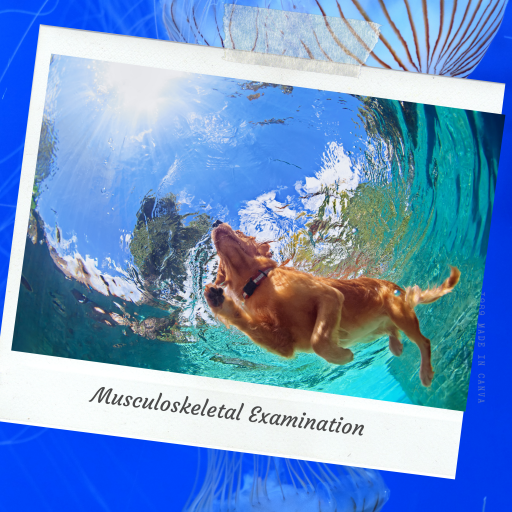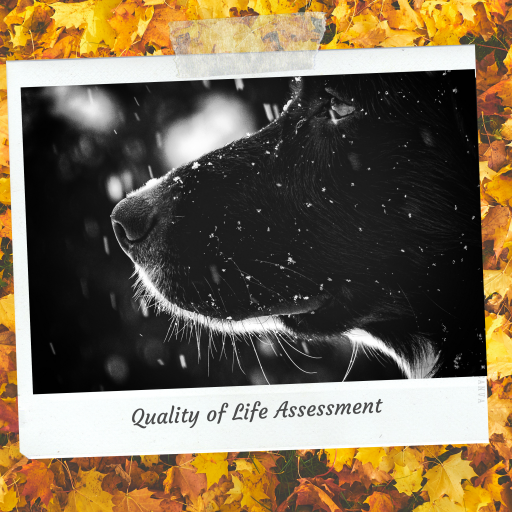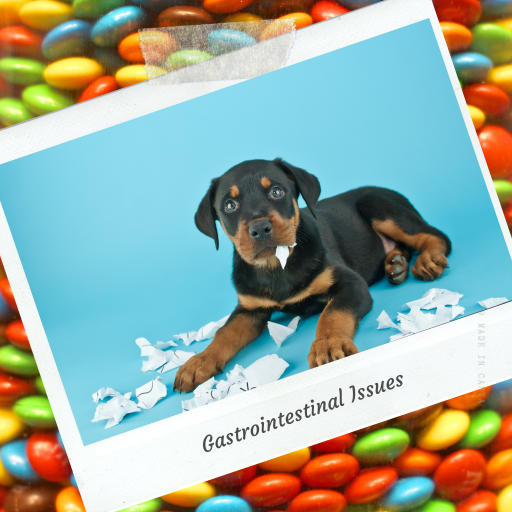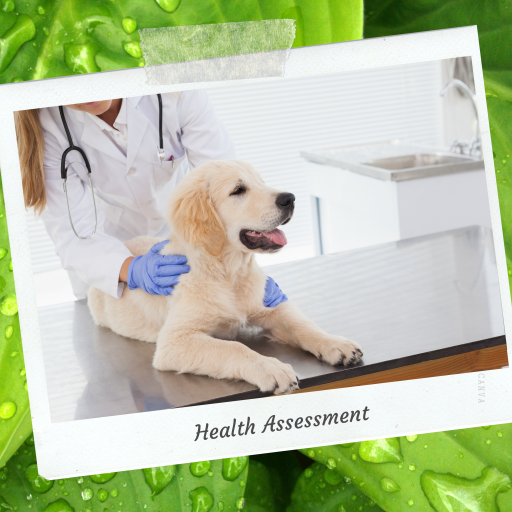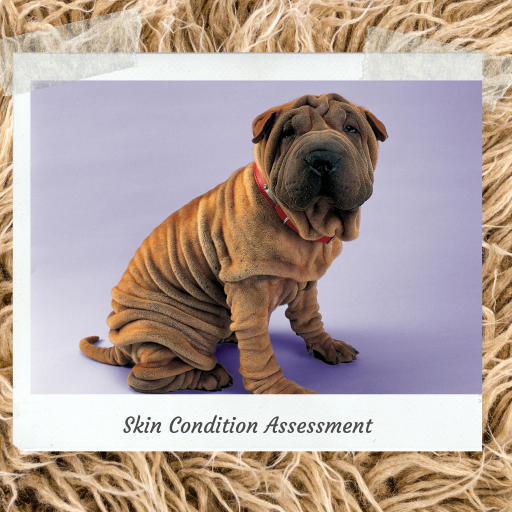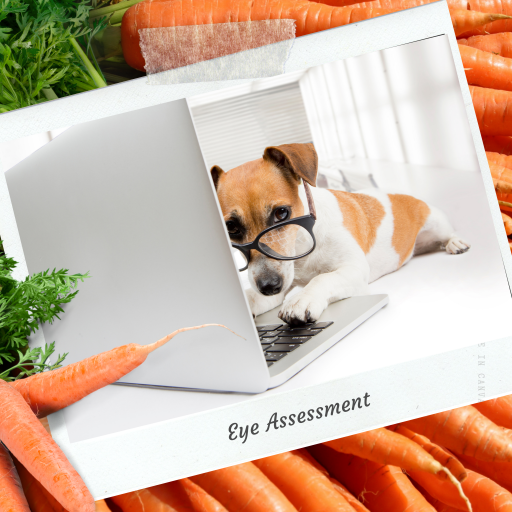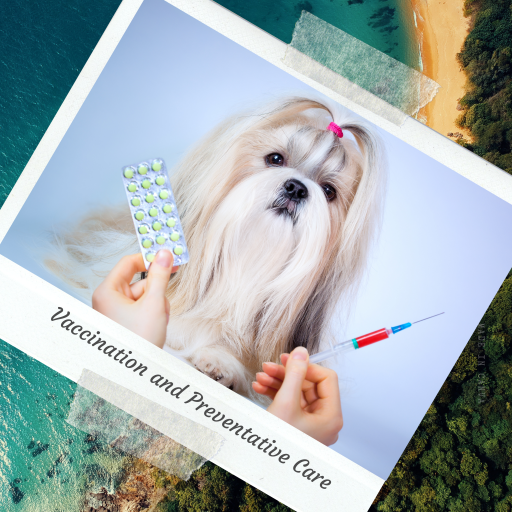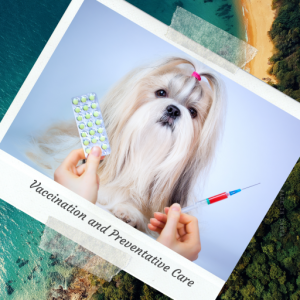
At Home Pet Vaccinations
Vaccination and Preventative Care
Vaccinations are important to prevent infectious disease for your fur baby. At My Companion Mobile Vet, we offer at-home pet vaccinations so your beloved pet can get their shots on their home turf!
Vaccinations – Timing is Key
For dogs their core vaccination (C3) should last 3 years once immunity has developed. Titre testing can be used to check levels at 3 years also.
Kennel cough vaccines provide immunity for 1 year, therefore yearly vaccinations are required. For cat vaccination, immunity of the core vaccines differs.
FPV immunity lasts for 3 years, while FHV-1 and FCV vaccine immunity is partial and therefore at risk cats should be given a booster annually ideally timed at least 2 weeks before going into a cattery since the most robust immunity occurs within the 3 month period following vaccination. At risk cats are those that may come into contact with other cats.
Common vaccinations for SE QLD area
Canine
Contains Canine Parvovirus, Canine Distemper Virus and Canine Adenovirus vaccines. These are core vaccinations recommended for all dogs. The diseases covered are highly contagious and often fatal. Note that of these diseases parvovirus is most prevalent as it can persist in the environment for many years so direct contact or recent indirect contact are not necessary to contract disease.
Contains B. bronchisepta and Parainfluenza virus vaccines. These vaccines are recommended for dogs that may come into contact with infected dogs or objects contaminated by infected dogs.
Dogs that get out and about should be covered eg. dogs that go for walks, to dog parks, to kennels etc. Vaccination should also be considered for situations where other dogs can contaminate through fencing for stay at home dogs.
Leptospirosis vaccine. This vaccine may be appropriate in dogs that live on farms or visit farm areas regularly. Otherwise not considered necessary in our area.
Feline
Contains Feline Panleukopenia (FPV), Feline Calicivirus(FCV) and Feline Rhinotracheitis (FHV-1) vaccines. These are core vaccinations recommended for all cats.
All are highly contagious. Feline Panleukopenia is often fatal. The latter 2 generally have low mortality rates (except for virulent form of calicivirus which is often fatal).
The signs of these can persist for very long periods causing upper respiratory signs, oral, nasal or ocular ulcers and distress. Some cats become chronically infected and continue to shed virus.
This vaccination may be appropriate for cats that are allowed to wander and may come into contact with other cats.
FIV is transferred through scratches and bites and may progress to terminal feline AIDS overtime which acts very similar to human disease.
The immune system is heavily weakened leaving cats susceptible to many other diseases that they cannot fight off. Vaccination is only about 60% protective. To prevent infection the best option is to keep your cat indoors / create an outdoor enclosure.
Feline leukemia virus (FeLV) vaccination. This vaccine may be appropriate for cats that come into contact with other cats.
Chlamydophila felis vaccination. This vaccine may be appropriate for cats that come into contact with other cats.
Parasite Prevention
Transferred through mosquito bites. Can cause fatal disease.
Preventatives include: Monthly tablet, spot-on or injection eg. milbemax tablet, advocate monthly spot-on, Bravecto plus 2 monthly spot-on for cats only. Yearly proheart SR12 injection for dogs only. If there has been a lapse in treatment a heartworm test will be required prior to the SR12 injection.
Intestinal worms are most commonly transferred through ingestion and include the following:
- Round worm. Preventative example: Milbemax (also prevents Tapeworm. When used monthly prevents Heartworm).
- Tapeworm. Preventative example: Popantel tapewormer
Intestinal worming schedule changes with age.
- Fortnightly: kittens and puppies up to 3 months old
- Monthly: kittens and puppies from 3 to 6 months old
- 3 Monthly: Cats and dogs 6 months and older
Fleas, Ticks, and Mites are easily transferable parasites. Fleas and mites cause itchiness, while tick toxicity can be fatal. Prevention is key – check your pet regularly, keep their hair short, and use a reliable preventative treatment.
Preventative examples:
3 weekly: eg Frontline spray
1 monthly: eg comfortis tablet (not ticks), Nexgard chew* (dog), Advocate/Revolution spot-on^ (not ticks)
3 Monthly Bravecto Chew (dogs only)
3 Monthly Bravecto spot–on^ Cat only or 6 monthly Bravecto spot-on^ for dogs
There are a number of products available. Certain products should not be used for animals with certain conditions, stages of life or in combination with certain medication. Ideally you should give the ingestible preventative with food.
*For Nexgard chew if your dog does not swallow and you need to give it like a tablet ensure you break it up.
^For spot-on treatments it is best not to wash your pet 3 days before or after placement of spot-on.
At My Companion Vet, we provide hassle-free at-home pet vaccinations – book an appointment with us today!
